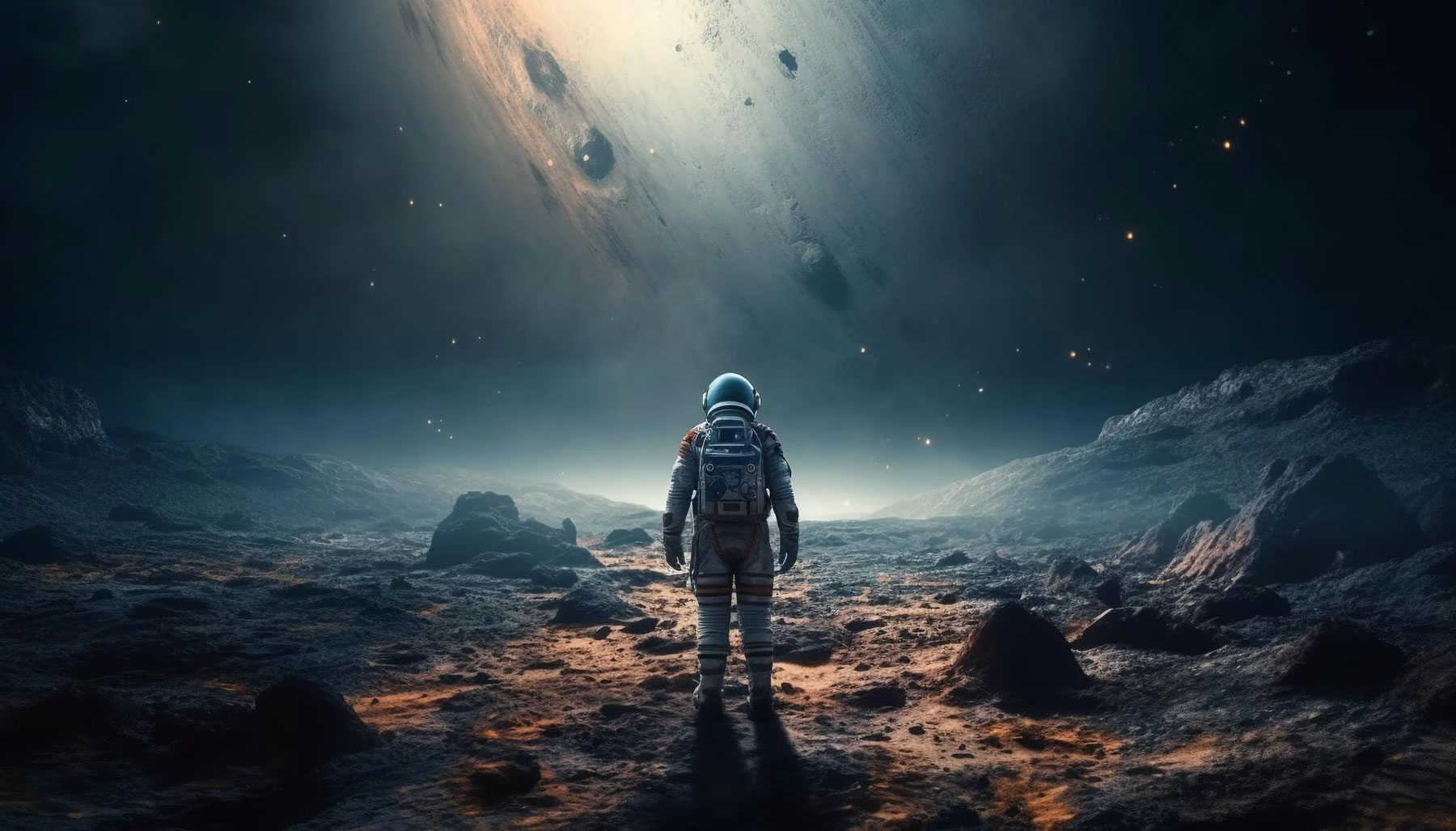layouts/_default/single.html:
Ep 4 - Space Junk: What A Mess!
Download on Apple… Spotify… Amazon Music
About The Guest: Anne Bettens
Anne Bettens is a lecturer in the Faculty of Aerospace Engineering at Sydney University. She is currently pursuing a PhD in vision-based autonomous navigation of robotic craft for space exploration while also interning with NASA.
Anne’s research focuses on developing technology to clean up space junk and improve the sustainability of space exploration.
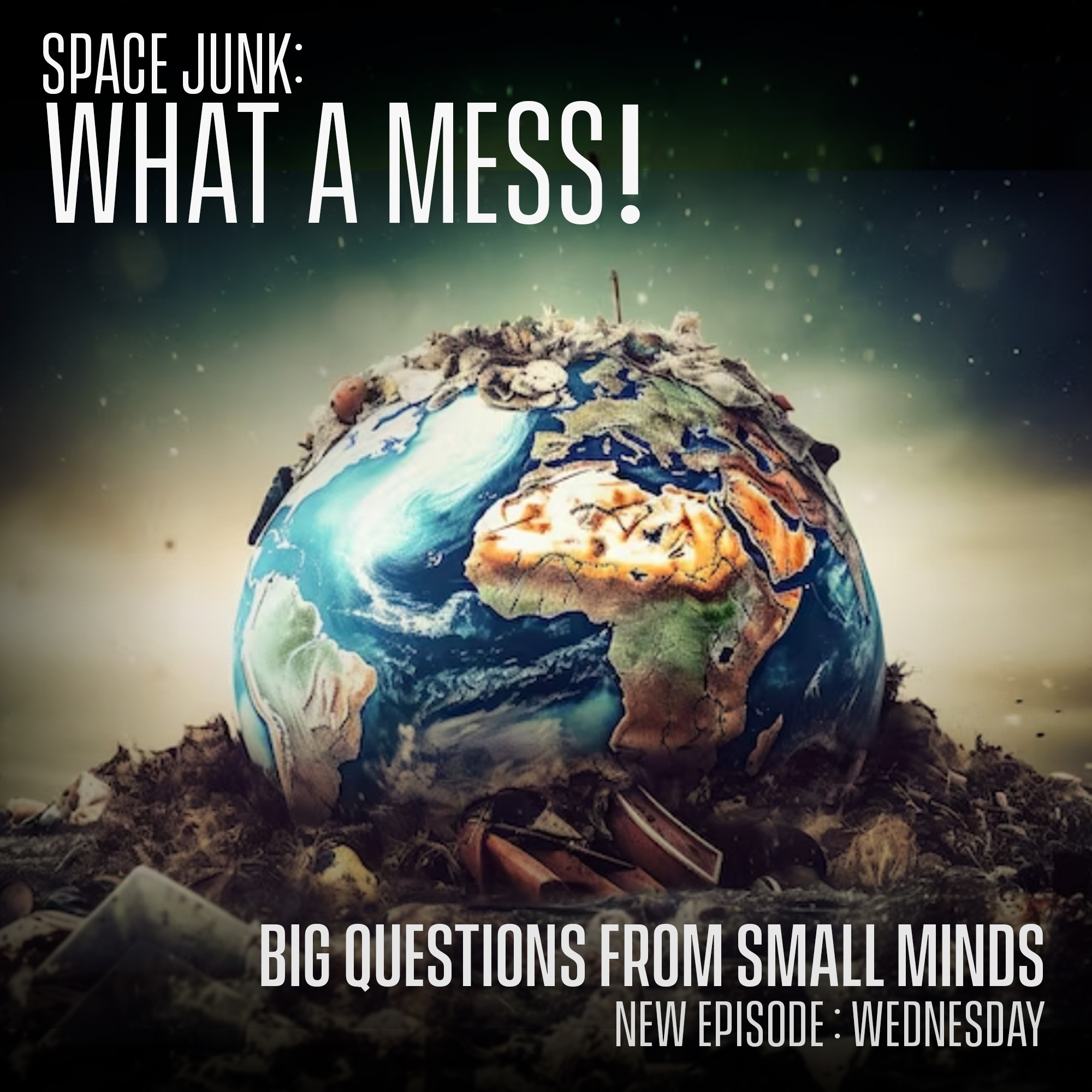
Summary of Episode:
In this episode, we discuss aspects of space exploration, including the reasons for going to space, the space race, the first animals in space, and the huge problem of space junk.
Anne explains that space exploration helps us understand the universe and benefits our lives on Earth. She also mentions the emerging space laws that holds individuals responsible for the lifecycle of objects they send into space.
Anne discusses the different methods of cleaning up space junk, such as using a space net or nudging debris back to Earth. She also addresses questions about astronaut food, toilets in space, and the experience of being an astronaut.
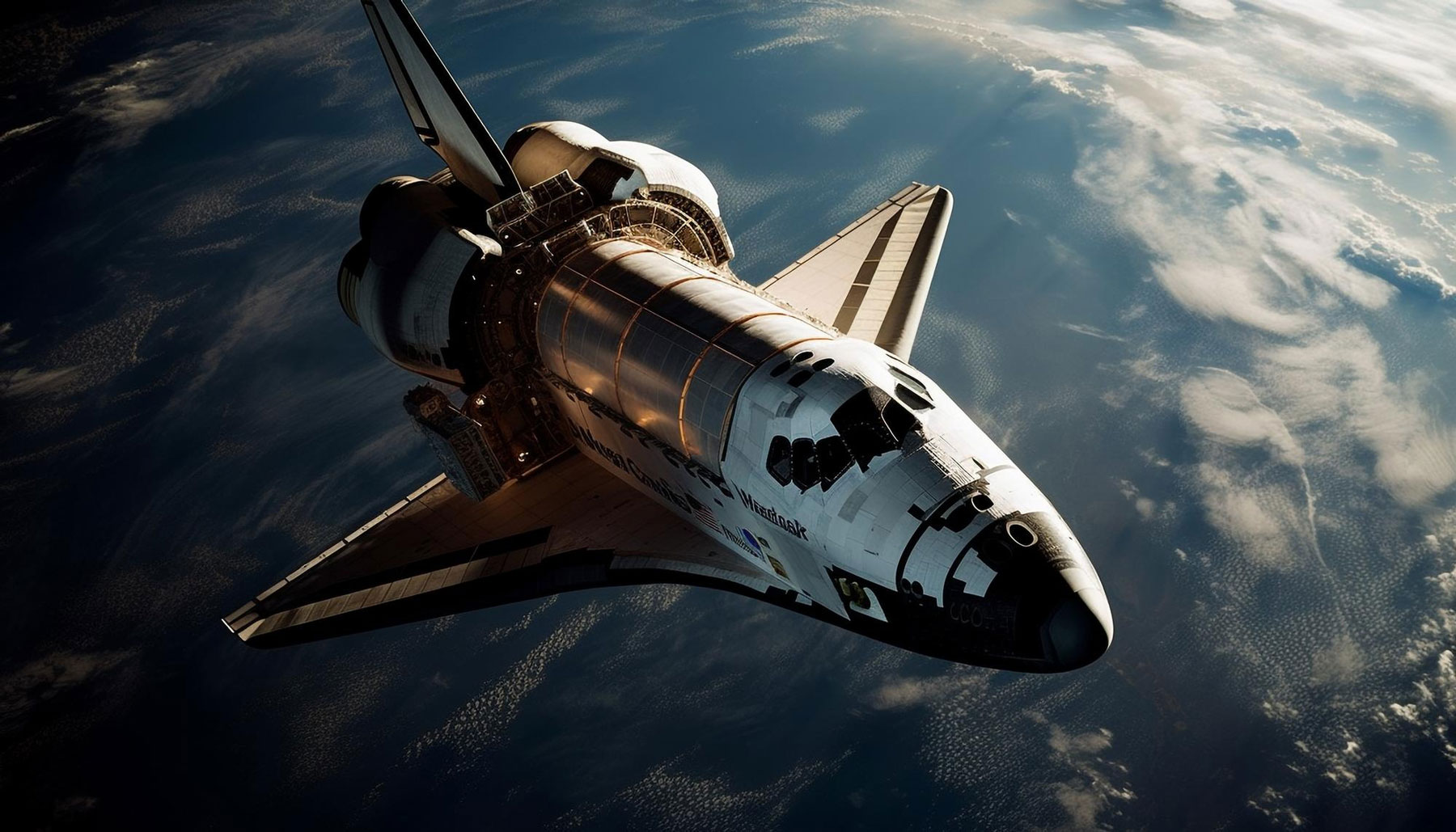
The Fascination with Space Exploration
Space, the final frontier. It has always captivated our imagination and sparked our curiosity.
But why do we want to explore space? According to Anne Bettens, “Space is very, very cool.” But beyond the cool factor, space exploration has numerous benefits for our lives on Earth.
The technology developed for space missions often finds its way into our everyday lives, improving our understanding of the universe and pushing the boundaries of human knowledge.

The Problem of Space Junk: A Growing Concern
Space junk, also known as space debris, is a significant issue that needs to be addressed.
As Anne Bettens explains, there is an emerging space law that holds responsible those who send objects into space for their lifecycle.
The goal is to either destroy or repurpose space junk to prevent it from becoming a hazard to future missions.
Several companies are currently working on solutions to clean up the growing amount of debris in space.
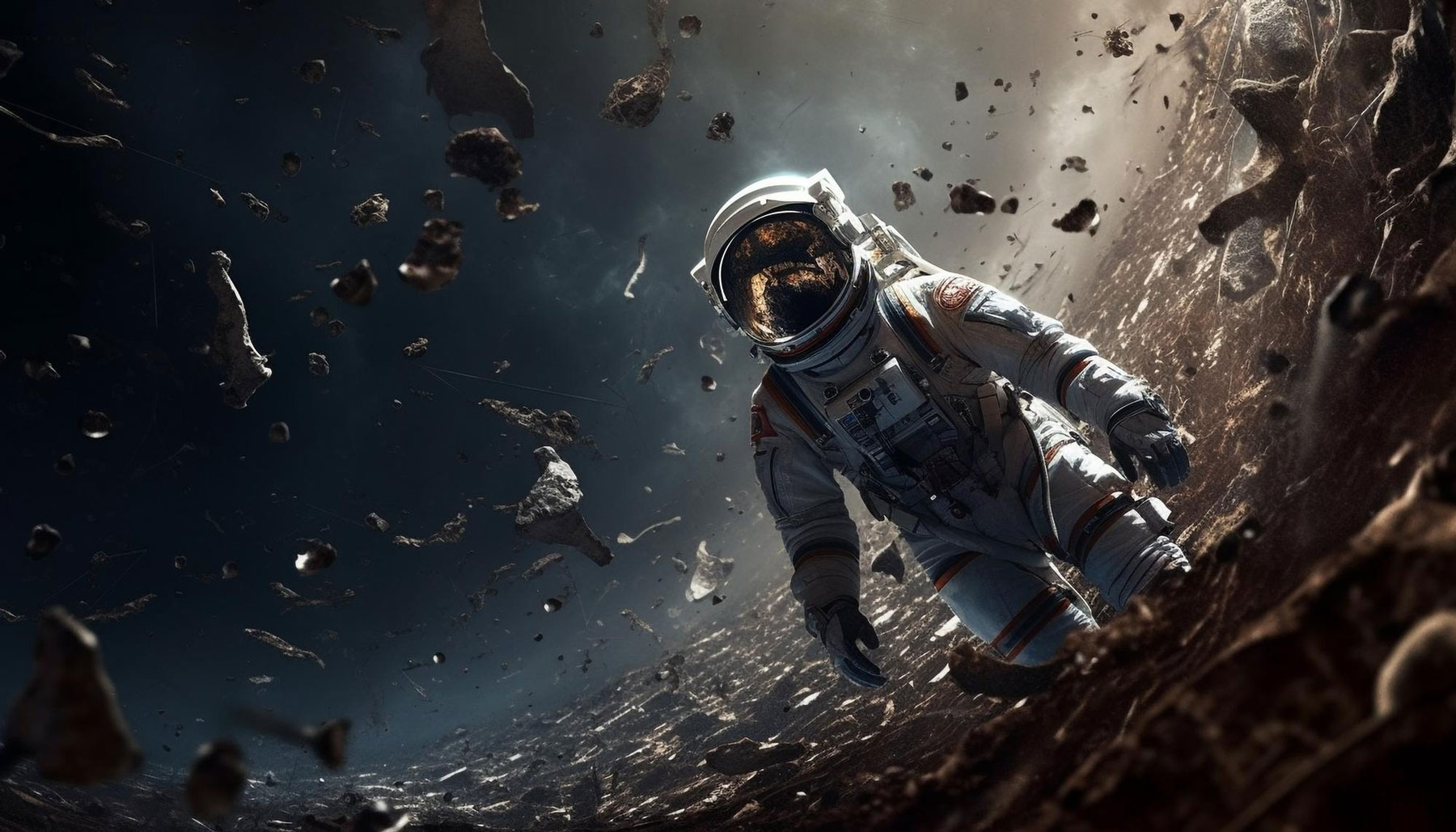
The Clean-Up Efforts: From Space Nets to Refueling Satellites
When it comes to cleaning up space junk, there are various approaches being explored.
One idea is to use a space net to capture smaller pieces of debris and nudge them back towards Earth, where they will burn up upon reentry.
Another approach involves refueling satellites that have run out of fuel, effectively giving them a second life.
These efforts are crucial because as more objects orbit Earth, it becomes increasingly challenging to launch new missions without the risk of colliding with space junk.
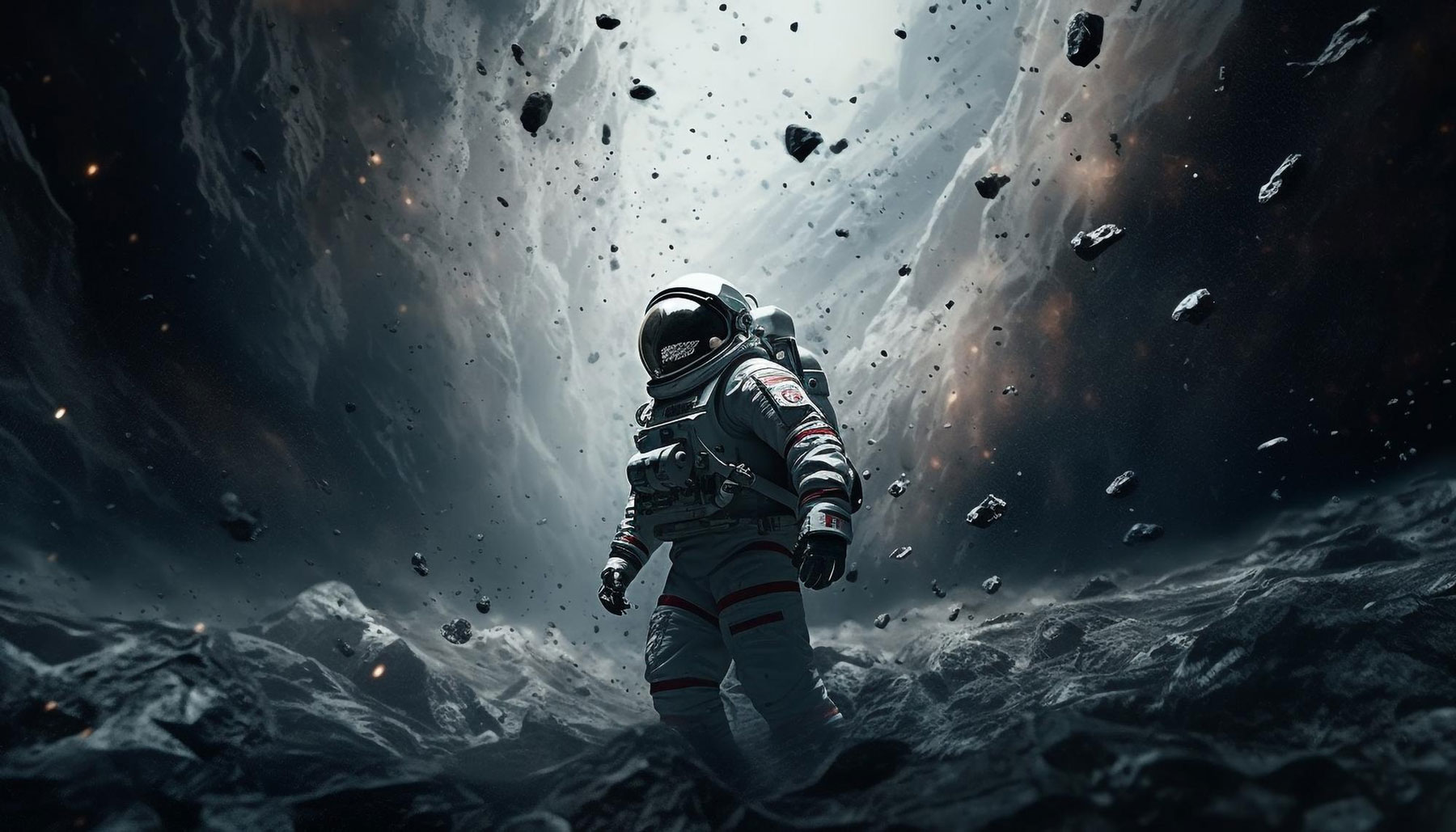
Falling Satellites and Meteorites: A Rare Occurrence
While the chances of a satellite falling on someone are slim, there have been instances where larger chunks of debris have made it back to Earth.
However, as Anne Bettens points out, most of the debris burns up in the atmosphere or falls into the ocean, which covers a significant portion of the Earth’s surface.
So, while it is a possibility, it is not something to be overly concerned about.

Life in Space: From Dehydrated Meals to Diapers
Life in space presents unique challenges, including the issue of food and waste management. Astronauts consume dehydrated meals that can be rehydrated with water.
However, certain foods, like crunchy snacks, are not allowed due to the risk of crumbs floating around and potentially causing harm to the astronauts' eyes.
As for waste management, astronauts wear diapers during spacewalks, and on the International Space Station, there is a vacuum-based toilet system that collects solid waste, which then returns to Earth and burns up upon reentry.

The Sound of Space: Music and Farts
Music has made its way to space, with astronauts like Chris Hadfield playing the guitar on the International Space Station.
However, in the vacuum of space, sound waves cannot travel, so music would not be audible outside of a spacecraft or space station.
As for farts, Anne Bettens humorously suggests that in space, everyone hears you fart, but in reality, sound requires an atmosphere to propagate, so farts would not be audible in the vacuum of space.
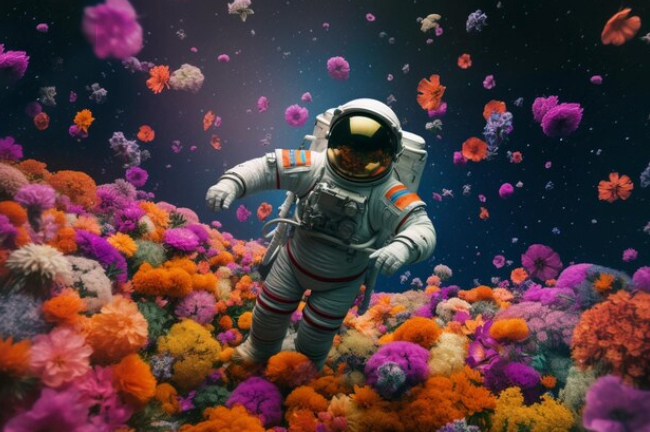
The Inclusion of Women in Space Exploration
Girls can absolutely be astronauts, and they already are.
Anne Bettens highlights that there have been 75 female astronauts to date, and the International Space Station even had a female commander.
The space industry offers a wide range of opportunities for individuals with diverse skills and backgrounds, not just in the field of rocket science but also in finance, marketing, and other areas.

The Future of Space Exploration: Challenges and Opportunities
As we look to the future, space exploration holds immense potential for scientific discoveries, technological advancements, and even commercial opportunities.
However, there are still many challenges to overcome, such as the issue of space junk and the technical hurdles of long-duration space travel.
Collaboration and innovation will be key in addressing these challenges and unlocking the full potential of space exploration.
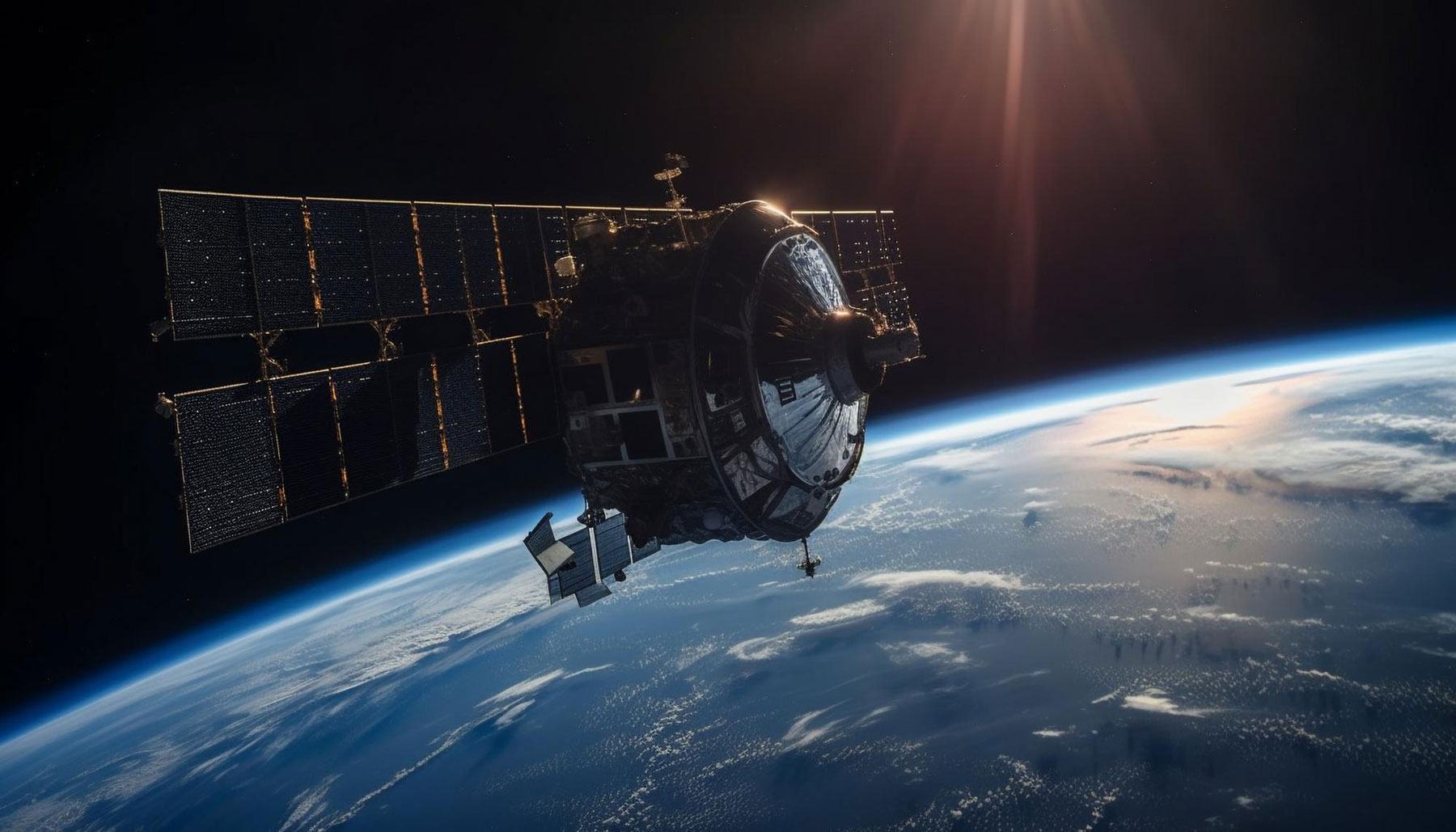
TRANSCRIPT
Hello and welcome to Big Questions from Small Minds. The podcast where we ask professors with brains much larger than ours, questions that seem too massive, complicated or even stupid. We also have tons of intelligent questions, but they’re not from us. They’re questions from actual small minds, kids. Oh, Phil, what’s on the agenda today? Astronauts report a field voice, humanized child 7, 4, 3…
00:33
2, 1, lift off! That’s one small step for man. Tom, today we’re talking rubbish. As always. No, no, no. I mean actual garbage. But in space. Hold on a moonit. You mean space junk? That’s right. We’re talking with Ann Bettens, a lecturer from Sydney University’s Faculty of Aerospace Engineering. Such rocket science!
01:01
I feel the liftoff, the clock has started. She’s currently pursuing a PhD there. Her research focuses on vision-based, autonomous navigation of robotic craft for space exploration. That’s like space invaders, but for garbage. And a little note for our listeners, since we recorded this, Anne has started an internship at NASA. And boy, do they have a lot of junk. This episode is going to take off!
01:32
So seriously, don’t listen to it inside. You might damage your roof. How does your brain work? What will the world be like in a hundred years if we don’t fix climate change? Why do I have to sleep? Can robots have emotions? Big questions from small minds. And thank you so much for coming on the show. Thank you for having me. So.
01:55
Going into space, how and why do we want to do it? We choose to go to the moon in this cocaine, not because they are easy, but because they are hard. Was it because of World War II? What do we need, the satellite, the spy on the Russians? What’s going on? Why are we space traveling? First of all, space is very, very cool. So that’s our why. Generally speaking, a lot of the technology that we get up there really benefits our life on Earth.
02:25
And then it also helps us understand more about our universe as well. So how things have evolved, how we as humans are growing and those kinds of things. So we learned this from space exploration. Back then, those sort of, when you’re talking about the race to the moon and, you know, the first one to be up there, I’d say that was more of a pride thing of being the first. Is the space race over? Is it finished? Did anyone particularly win? Now we’ve got space race 2.0 of who’s going to be the first one to Mars. New race going to Mars.
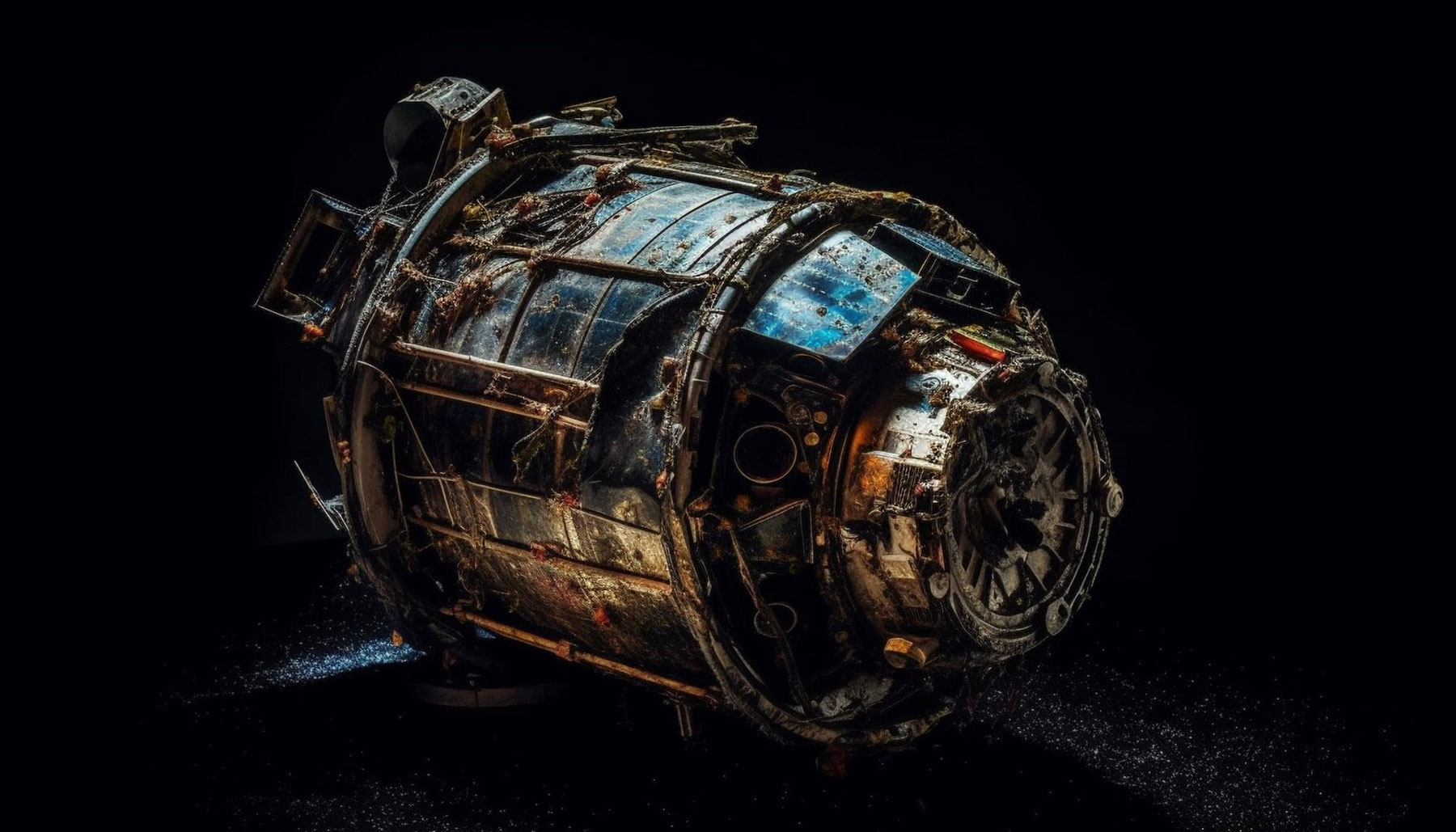
02:55
How long does it take to get to Mars? At least three days. It takes about a year to get to Mars at the moment with the technology we’ve got. And there is the plan to get humans there eventually, but there’s a lot of technical challenges we need to work on before that.
03:11
What was the first animal in space? Did it die?
03:15
The first one was a dog called Lyca, which was sent up by Russia. And unfortunately, this dog did not make it back to Earth alive. However, they sent up two other dogs after that, and they survived. Is Lyca still up there, floating around? No. The spacecraft that had Lyca in it has now fallen back to Earth and burnt up. So Lyca’s disintegrated. So this is becoming very morbid very quickly.
03:42
But there is a statue of Lyca so that’s nice. Yeah that is nice, I such like it. Is there lots of dead animals floating around space? Is it like a space pet symmetry? No, so I’d say most of them by now have sort of fallen towards Earth and burned up. Ah, it’s like a pet cremationary. Yeah exactly and some of them have come back so that’s a nice story as well. There is a lot of junk in space. Are the people going to clean it up? Will they get in trouble if they don’t?
04:14
Yes, so there is lots of space junk floating around up there and that’s actually one of the problems I’m trying to work on. Sort of approaching the space junk and picking it up or nudging it back to earth to burn up and disintegrate. In terms of if they’ll get in trouble there is kind of this emerging space law where we’re seeing for example if you send something up there you’re then responsible for the kind of life cycle of it and you’ve got to be able to make sure that you can either destroy it or use it for something else but…
04:42
we’re still working on that because there’s a lot of rubbish up there unfortunately.
04:52
Maybe not necessarily a day, these things do take a little bit of time. But yeah, there’s quite a lot of big companies working on this at the moment because there’s more stuff orbits around earth. It gets more and more difficult to actually launch and get through all that space junk or that space debris. So it’s a big problem that we’ve all got to work together to solve. You heard that here people, garbage collecting just got really cool. You’re going out into space, you’re collecting garbage. It could never be better.
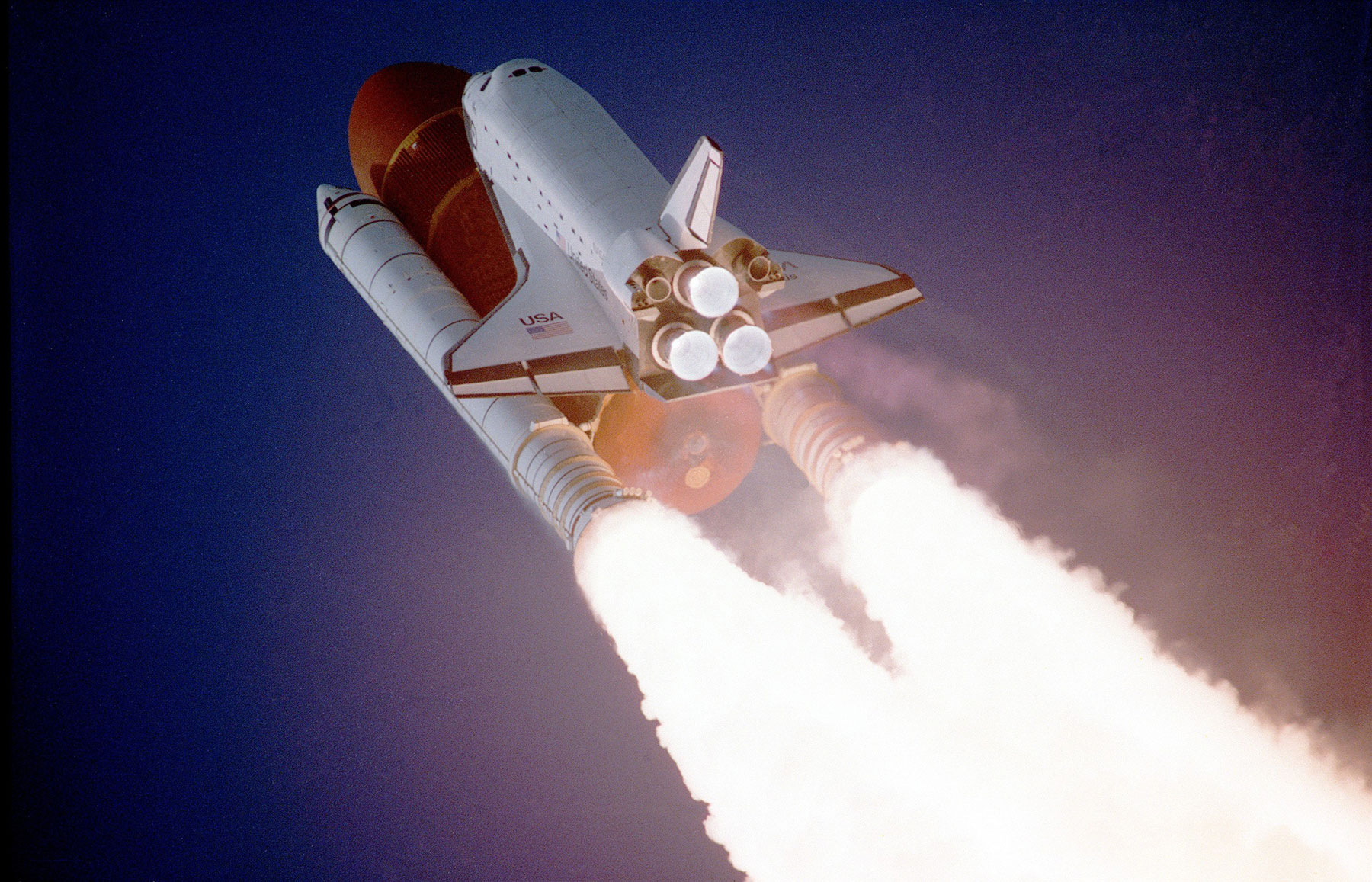
05:21
And so one of the ways that we get space junk down, like is it a giant magnet or a big net or are you just out there with like those little grabber arms grabbing each piece at a time? There’s a couple of different ways. First of all, it depends what the space junk is. So if it’s an old satellite that’s just run out of fuel, we can refuel it and then be like, hey, now it works. Secondhand car sales for space satellites. Hey, Rushy, you want to buy my satellite? Yeah, it says Rush on it already. That’s real good.
05:49
There is an idea of a space net, as you said, for smaller pieces is nudging them back towards Earth. And then as they come in close to our atmosphere, they burn up and just disintegrate. So that’s one of the more realistic approaches.
06:03
Do satellites ever fall on people? I don’t think any bits have fallen on people. It’s pretty unlikely because as I said, it’s burning up in the atmosphere. So it’s sort of like dust by the time it gets to Earth. However, we do sometimes see big chunks falling on Earth. Wasn’t there something that just fell in South Australia just recently that they felt? It does happen. If you look at the surface of the Earth, a lot of it’s covered by water. So hopefully you wouldn’t be swimming at that time.
06:33
I don’t think you have to really be too concerned about it, but it could happen. Right. So just always do backstroke in the water in case satellites are going to hit you. Meteorites hit things. In fact, in April 2019, a little house in Costa Rica owned by a German shepherd named Rocky the dog. His house was struck by a meteorite. The dog’s owner sold that house for $1,000.
06:59
$300,000. So loads of incidents where things get hit by space rocks and they sell for loads of money. So you had this mailbox that got hit, went for $60,000. For a mailbox? Yeah for a mailbox got hit by a rock. What? If we can use your knowledge and know when the space junk’s gonna fall, we can put all our junk underneath it and you just turn two sets of junk into gold. That sounds like a pretty good plan,
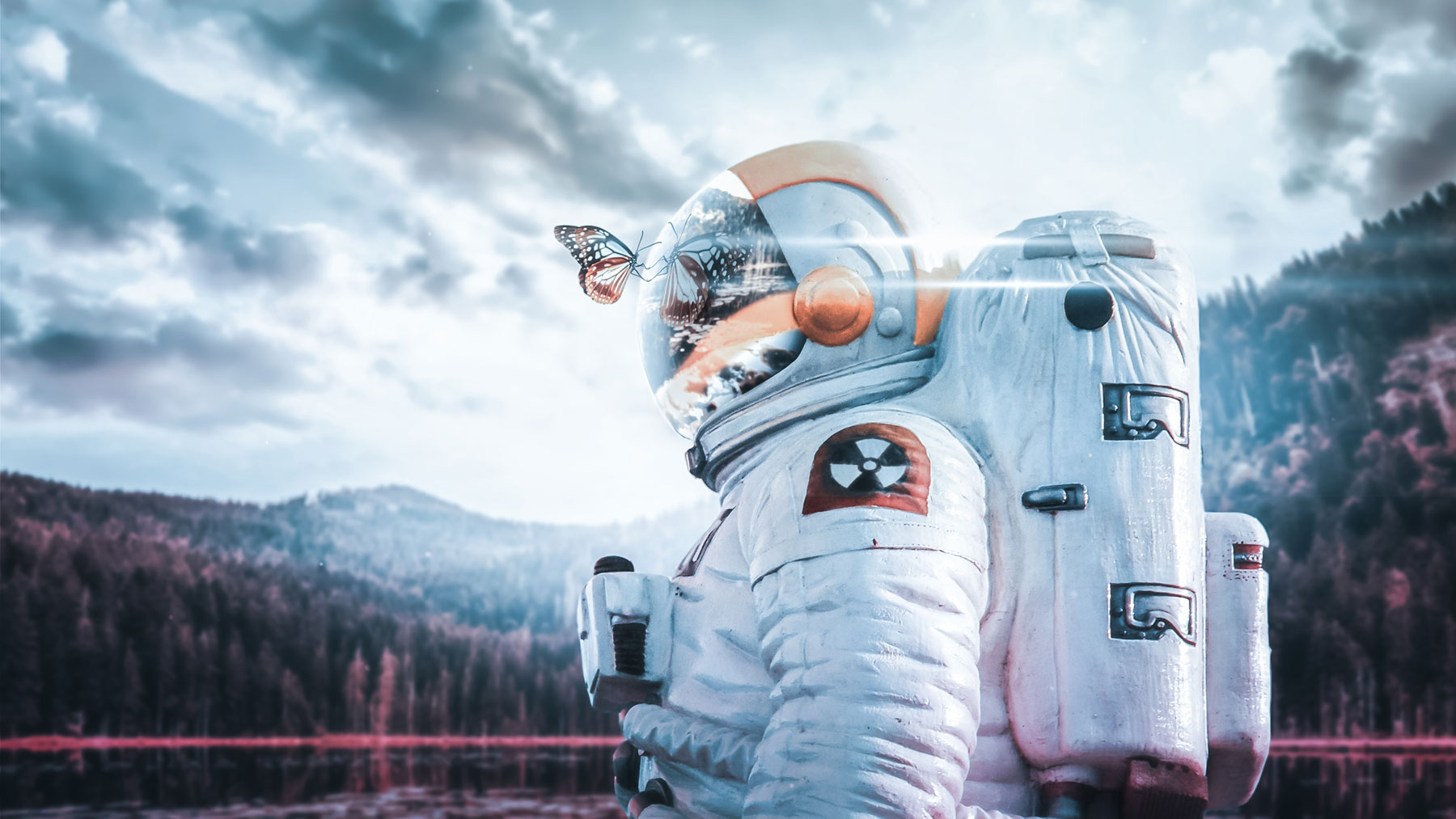
07:29
One gram of meteorite is estimated to be worth $1,000 US. You’ve got to be paying a lot of attention to find one gram of meteorite. Well, yeah, there are. There’s people that travel all over the world hunting meteorites, and they’re like completely bonkers. Ha ha ha.
07:47
What kind of food do astronauts eat? How did they get it? Are they allowed to have Doritos? They have quite a wide range of food. It’s usually like dehydrated packaging, kind of like when you go hiking and then they add water to it and rehydrate it when they’re in space.
08:06
in terms of how they get it. So they have cargo spacecraft that go up every few months and there’ll be fresh fruit and veg on board for them then. They probably can’t eat Doritos on board because Doritos are very crunchy. Doritos. You heard that here, no rocket chips. Yeah. Even just the crumbs in general are a big no-no because there’s no gravity to make them fall to the ground. So they’re just gonna be floating around and then they’re a really bad hazard for your eyes. Ouch.
08:35
So if you get a crunchy Dorito crumb in the eye in space, it’s not ideal. Yeah, that sounds terrible. No deadly crumbs. Even things like toast. I’ve never thought about bread in space. But it’s also quite interesting as well because when you’re in space, the fluid in your body doesn’t behave normally how it does on Earth. So a lot of it sort of sits in your head. A lot of astronauts find that they’ve almost got the sensation of like a head cold. So their taste is quite different.

09:02
and they prefer like more spicy things than they would if they’re on earth because they lose that sort of sense of taste a little bit. Do they say it’s not rocket science then? Yeah, there’s no rocket science jokes when you’re in a rocket. How do they eat their meals? Do they eat them outside like dishes?
09:23
How do you go to the toilet in a space suit or in a space station?
09:30
Well, basically in the spacesuit, you’re wearing like a diaper, essentially, because usually you’re in that when you’re either sort of going somewhere or when you’re doing a spacewalk. Is that true? Like they’re wearing giant nappies? Become an astronaut, wear nappies! But then on the International Space Station, they basically have a toilet that’s like a vacuum that sort of sucks objects. Like a Dyson.
09:59
Yeah, yeah, essentially. And does that go out and become space debris? Ha ha. My god, it makes the cleaner pull all of us. The solid matter as a result of that would then return back to Earth and get burnt up. So it does become space debris? It does, yes. Like, does their toilet aim at Earth? They do a flash and they’re like, see you later, India. Or no, it goes to Phil’s house. Ha ha. No, that’s just where my ideas come from. Good idea.
10:29
Another idea, yes! Did you know that one gram is worth a thousand dollars?
10:38
Oh dear.
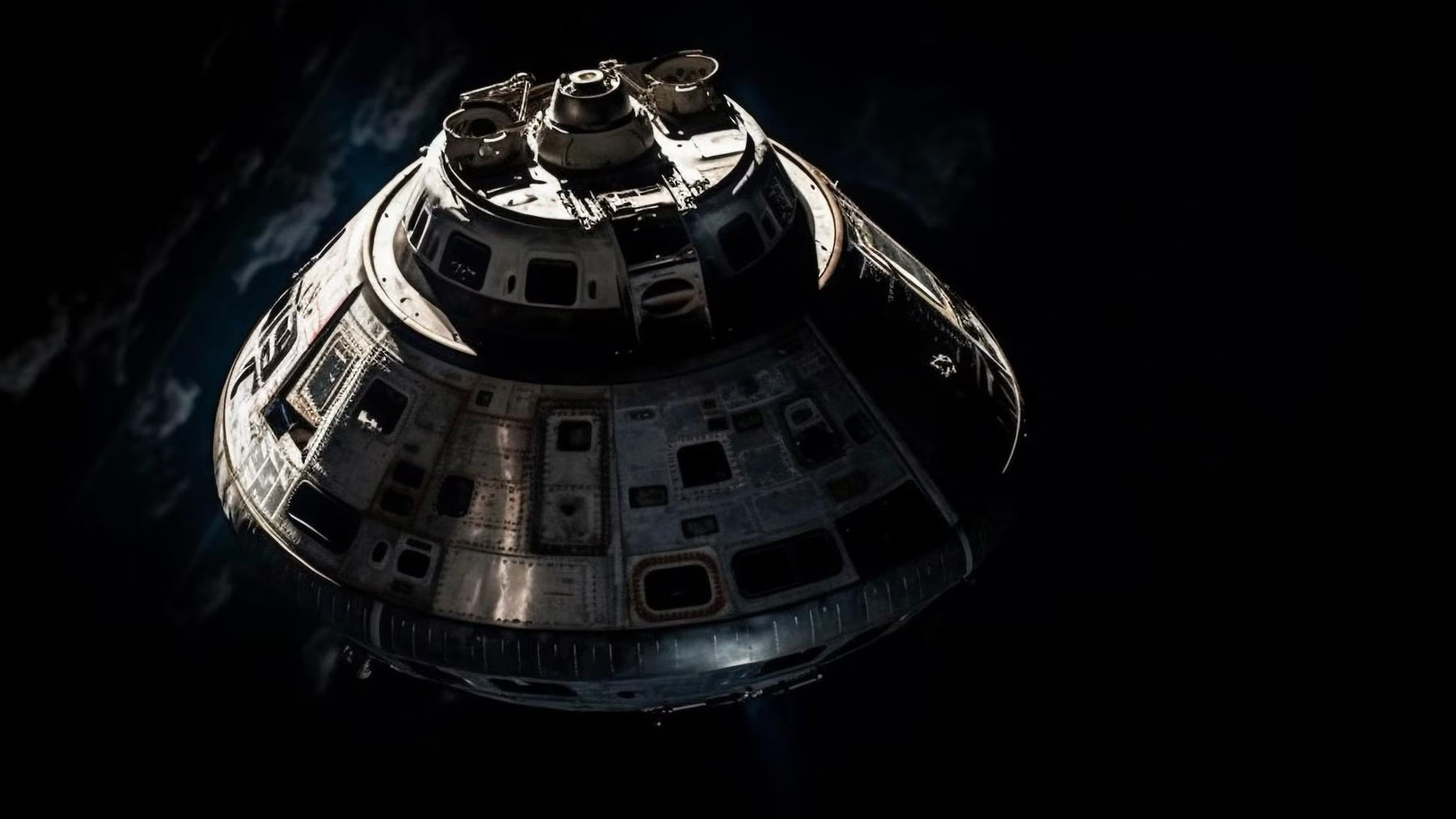
10:41
If I had no space suit, how long would I last in space?
10:47
you probably wouldn’t survive very long at all. The air would get sucked out of your lungs pretty quickly, which is not very fun. But also it’s very cold in space, but if you happen to be in the direct line of the sun, very hot, you’d most likely freeze to death after you’ve suffocated very quickly. But if you happen to be in the direct light of the sun, you’d also get quite sunburned and fried at the same time. What about, do you see in those movies when they get jettisoned down into space
11:17
Breathe out all air out. Can you do that? Is that possible? There’s a lot of liquids and air inside your body and inside your cells. So you’d basically, the liquid inside your organs would boil. And you’d kind of also start to swell up because of the vacuum of space. And would then I just become space debris? Would people on earth be, oh, we’re just trying to look at this star, we can’t cause Phil’s in the way. We just gotta wait for him to float past. Yeah, you’d probably just hang around up there.
11:49
So what robot are you working on now? What does your robot do? A lot of the stuff that I’m working on at the moment is satellites, looking at other satellites to do sort of in-orbit repair. Space handyman. Yeah, basically a space handyman. So I’m working on the space handyman going up to the guy that needs help and then trying to either fix him or help him out.
12:14
Will my guitar sound the same on a spaceship?
12:20
On the space station, yeah, probably sounds pretty similar. And Chris Hadfield actually had a guitar up there and done some cool tunes. Houston, this is the International Space Station.
12:38
even her today.
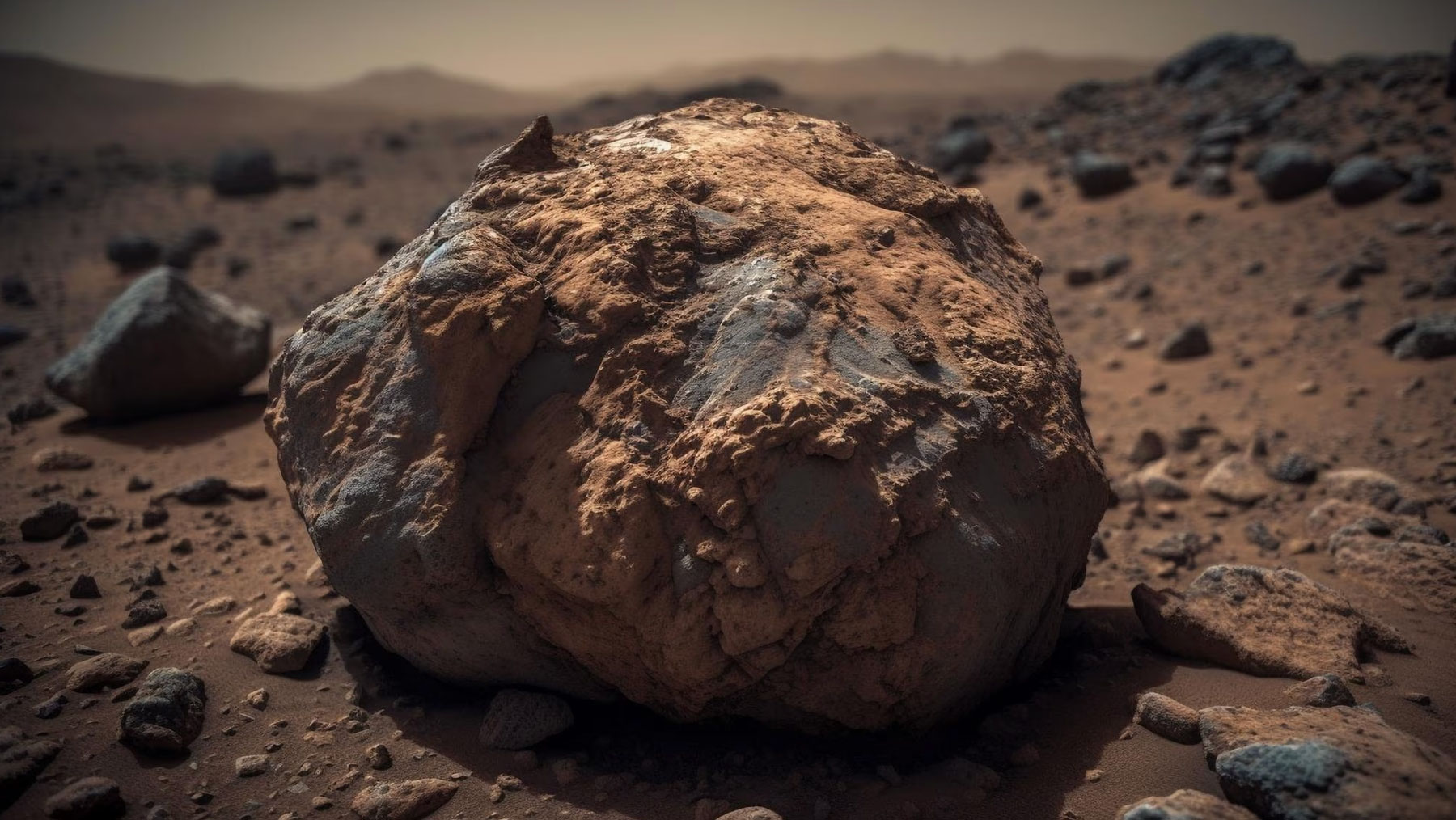
12:44
But if you were in space outside the space station, you wouldn’t hear it because you need sound waves to be able to hear sound, which wouldn’t happen in space. I’ve heard that you can hear sounds in space. If you are in a gassy area, you can make sound. But yeah, basically if you’ve got an atmosphere, you can have a wave that will carry sounds. So yeah, you could do it. It might have a different density, so it might sound a bit different, but it’s possible. So you can play guitar, you can rock it out if you’re in gas.
13:13
Are you suggesting that if you’ve got a guitar, a good fart will give you a good sound? I was going there. Ha ha ha ha ha ha
13:22
What if an asteroid is flying straight towards Earth? Recently we actually did the DART mission. What the DART mission did was send a satellite up there to crash into this asteroid to see if we could alter its trajectory and shift it away from Earth. So the answer is we hurled more space jump up in space. At that distance, we wouldn’t necessarily be…
13:49
contributing to the debris in our low Earth orbit. So it’s kind of far enough away that we’re just pushing it away. Can girls be astronauts?
14:00
Yes, and girls are already astronauts. We’ve had a few females go into space. So there’s been 75. And then on the International Space Station, there’s a female commander. So that’s pretty cool as well. They’re just up there floating around the earth doing tests with ants, I guess. What are they doing up there? They’re doing a lot of experiments and those kinds of things in a microgravity environment and seeing how things behave up there. How does that work though? Like if I’m doing an experiment on the space station where there’s almost no gravity.
14:28
How does that help me on earth where there’s tons of gravity? We can look at like really interesting things from say how cells behave and how they react in space. Even the astronauts themselves are kind of experiments. They do a lot of human body analysis and see what goes on up there and how we behave in microgravity environments. That is really donating your body. Yeah, absolutely. What about kids that want to get into rocket science? What do you recommend?
14:56
Definitely work on your maths and your coding and listen to your teachers and eat your vegetables and those kinds of things. So if you take me for example, I’m great at eating vegetables, I listen to my teachers, not very good at maths, want to be a rocket scientist, what’s my option? That’s so fine. Oh good, time I quit. There’s lots of different ways to do it. There’s so many different jobs in all these space companies, like you still have to have your finance, your marketing people, all those kinds of things, so the space.

15:25
network is quite big. My other question is what’s your favourite rocket? Oh that’s a good question.
15:35
First time ever on this show! The Saturn V, that’s a pretty cool rocket. Yeah, that’d be my favourite.
15:47
Is that the one that went to the Apollo missions? Is that the 75? The Eagle has landed. Yeah, it’s pretty badass that one. Do you have a model of that? How have you built like a model? I’ve actually got a Lego model of that. Although it was very sad, I broke it. Did an asteroid hit it?
16:04
No, it was just me.
16:09
And thanks so much for coming on the show. I wanted to be the first to say, you rock it. Thank you. And a big thanks to all the kids who submitted their questions. Links to everything we talked about today can be found at smallminds.au. Keep curious people and keep asking the big questions. And remember, in space, everyone hears you fart. Wait, no one hears you fart. Do people hear you fart? Let’s guess it so you can hear. If you’re in your own fart, you can hear your fart. Ah, if you fart twice, they can hear the second one.
16:39
Yeah, that’s a good takeaway.
